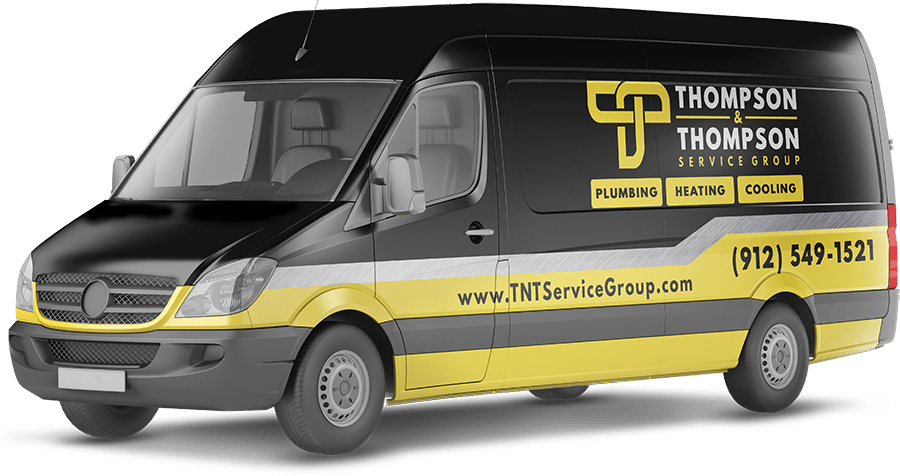Residential and Commercial refrigeration – Although these two types of refrigerators have the same basic function, there are a few differences between them. Commercial and professional refrigerators both do the same thing but are designed specifically for different refrigeration demands. First off, let’s understand how artificial refrigeration works.
How Does a Refrigerator Work?
There are five main components in the basic refrigeration cycle:
- Fluid refrigerant
- Compressor
- Condenser coils
- Evaporator coils
- An expansion valve
A chemical called Tetrafluoroethane, also known as R-134a, is the most common liquid refrigerant for home and commercial use. R134a starts off under pressure in gaseous form and quite hot. The gas escapes the compressor through a system of coils and releases its heat to the cooler air in the room or outside. As it makes its way through the coils the gas condenses into a liquid and is then pumped into a small nozzle called an expansion valve, essentially creating a fine mist similar to what happens when you attach a spray attachment to the end of a garden hose.
This process makes the liquid run extremely cold as it evaporates and is brought into contact with the interior of the refrigeration unit. This makes the interior walls cold and draws out most of the heat inside, just like putting ice on your hand makes it colder.
As the R-134a warms, it returns to a gaseous state as it is drawn back into the compressor for another cycle. This cycle of compression, expansion, evaporation, and circulation is the same for both residential and commercial refrigeration.
Size and Layout
Let’s take a look at the different sizes and layouts of these refrigerators. Commercial units are specifically designed to provide much more space than their residential counterparts. They are oftentimes used in restaurants and need to hold large amounts of food that could spoil due to bacterial growth if left at room temperature. However, most residential refrigerators have a built-in freezer whereas commercial ones do not. Most residential refrigerators are built with smaller spaces in mind and come in various and configurations which incorporate both refrigeration and freezing.
Cooling Power
Though both the residential and commercial refrigerators are designed the perform the same function, the commercial version is more powerful. They are designed this way to cool food quickly, and allow for walking in and out. This allows kitchen staff to work with it more effectively since they have to constantly cook, store, and prep food. There are also applications for entire cold storage buildings and tractor trailers that haul frozen foods. While the designs and load ratings vary, the essential principles are the same.
Commercial Refrigeration Maintenance
Regular maintenance is a normal part of the operation of commercial refrigerators, more so than the one in your home. A professional commercial refrigerator technician can access the working parts of commercial machines more easily to replace or service the coils, valves, and pumps that drive the refrigerant.
From open topped displays in grocery stores to massive cold storage warehouses where the temperature is kept at a level optimum for the product. Vegetables can do just fine at 55 degrees, meat is usually kept at 28 degrees and ice cream must be maintained at a frosty -10 degrees F.
Thompson and Thompson can handle all kinds of refrigeration maintenance and installation, both commercial and residential. We know fridges! Let us know what you need when it comes to keeping your cool.
We hope you found this article helpful.
If you enjoyed this article, please take the time to share it on any of these Social Media networks. Thank you!





